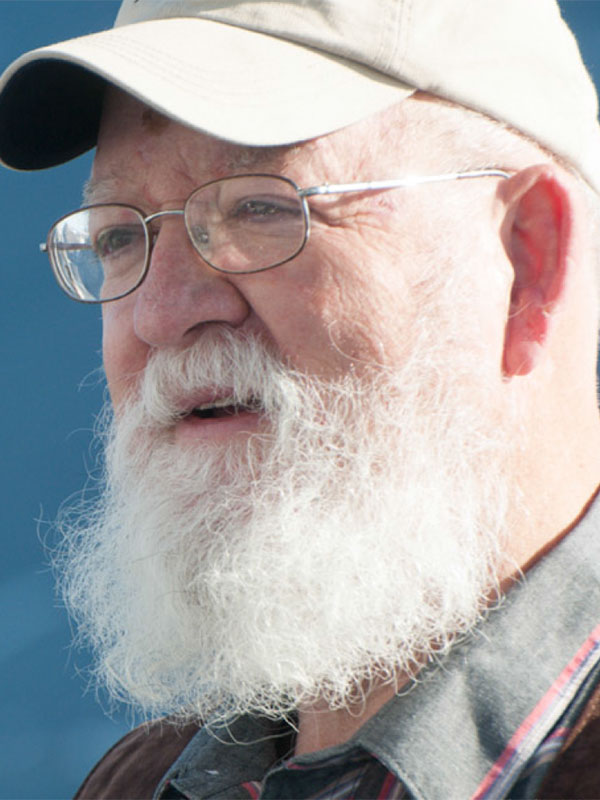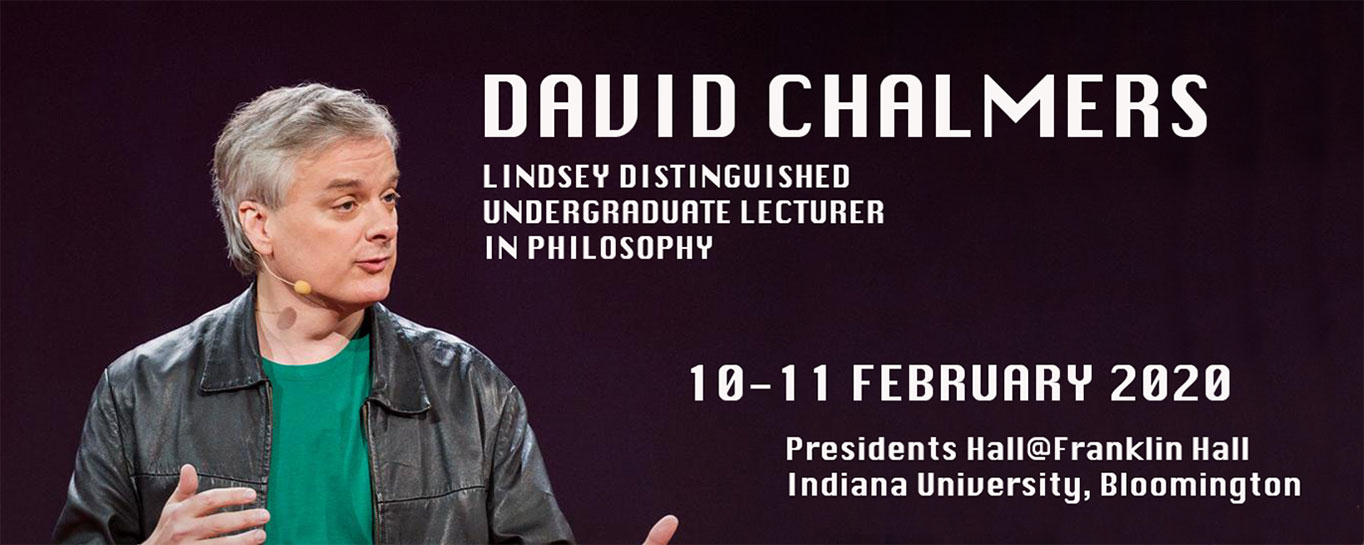“From Bacteria to Bach and Back: The Evolution of Minds”
There is a continuous lineage of design innovation and improvement from the origin of life over three billion years ago to the latest advances in the arts and technology. We are now entering a new phase, where we harness the exploratory power of evolution to do the heavy lifting for us. Will we still need—or be—intelligent creators in the future?
“A Magician’s View of Consciousness”
Consciousness seems to many people to be a magical phenomenon, and in one sense it is: it is made possible by a bag of physical tricks that fool us into thinking our experience has properties it doesn’t have. There is great resistance to this message, this “unmasking” of consciousness. Similarly, many people prefer to remain mystified by stage magic; they don’t want to be shown how the effects are achieved, fearing that the truth will be deeply disappointing. Do not attend this lecture if you prefer to keep consciousness mysterious.
Daniel C. Dennett is Co-Director of the Center for Cognitive Studies at Tufts University, University Professor and Austin B. Fletcher Professor of Philosophy. He is the author of Breaking the Spell (Viking, 2006), Freedom Evolves (Viking Penguin, 2003) and Darwin’s Dangerous Idea (Simon & Schuster, 1995. In 2012 he was awarded the Erasmus Prize in Amsterdam, the highest award given in the Netherlands. He received his B.A. in philosophy from Harvard in 1963. He then went to Oxford to work with Gilbert Ryle, under whose supervision he completed the D.Phil. in philosophy in 1965. He taught at U.C. Irvine from 1965 to 1971, when he moved to Tufts, where he has taught ever since, aside from periods visiting at Harvard, Pittsburgh, Oxford, the École Normale Supérieure in Paris, the London School of Economics and the American University of Beirut. His first book, Content and Consciousness, appeared in 1969, followed by Brainstorms (1978), Elbow Room (1984), The Intentional Stance (1987), Consciousness Explained (1991), Darwin’s Dangerous Idea (1995), Kinds of Minds (1996), and Brainchildren: A Collection of Essays 1984-1996 (MIT Press and Penguin, 1998). Sweet Dreams: Philosophical Obstacles to a Science of Consciousness, was published in 2005 by MIT Press. He co-edited The Mind’s I with Douglas Hofstadter in 1981. He is the author of over four hundred scholarly articles on various aspects of the mind, published in journals ranging from Artificial Intelligence and Behavioral and Brain Sciences to Poetics Today and The Journal of Aesthetics and Art Criticism. His most recent books are Intuition Pumps and Other Tools for Thinking (Norton, 2013), Caught in the Pulpit: Leaving Belief Behind, with Linda LaScola (Pitchstone Press, 2013), and From Bacteria to Bach and Back: The Evolution of Minds (Norton, in press). He has received two Guggenheim Fellowships, a Fulbright Fellowship, and a Fellowship at the Center for Advanced Studies in Behavioral Science. He was elected to the American Academy of Arts and Sciences in 1987. He was the Co-founder (in 1985) and Co-director of the Curricular Software Studio at Tufts, and has helped to design museum exhibits on computers for the Smithsonian Institution, the Museum of Science in Boston, and the Computer Museum in Boston.



 The College of Arts
The College of Arts